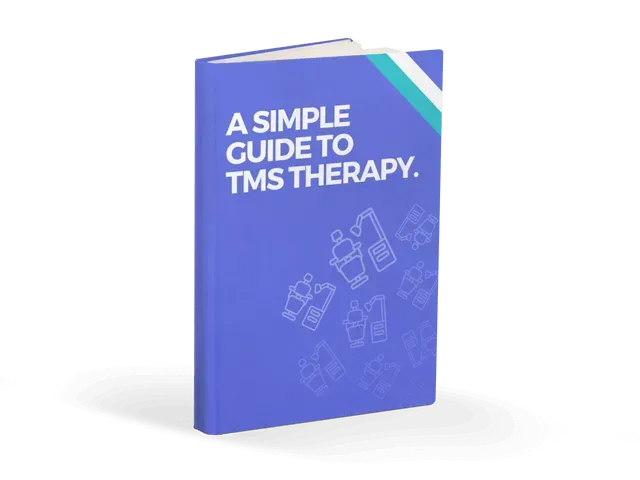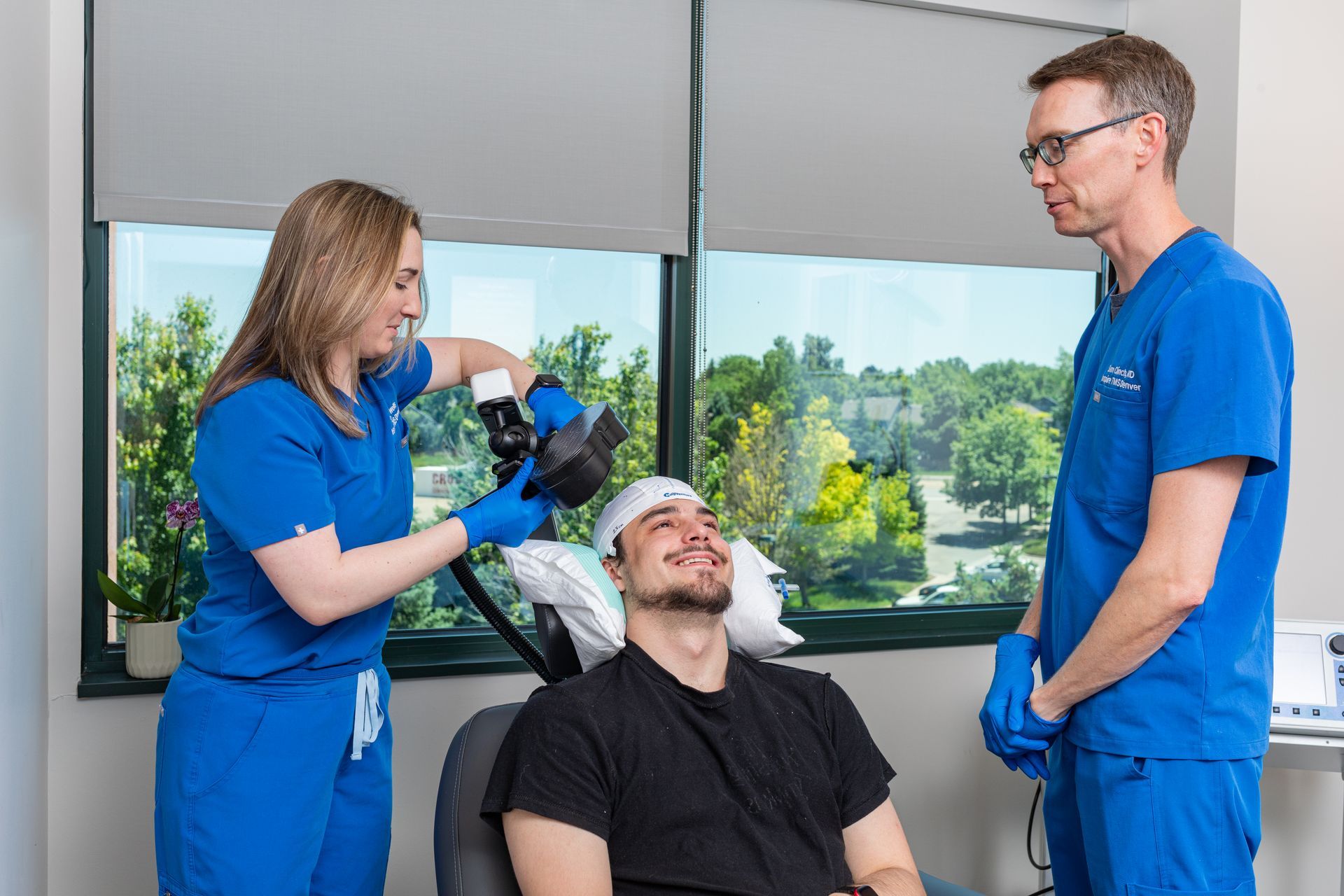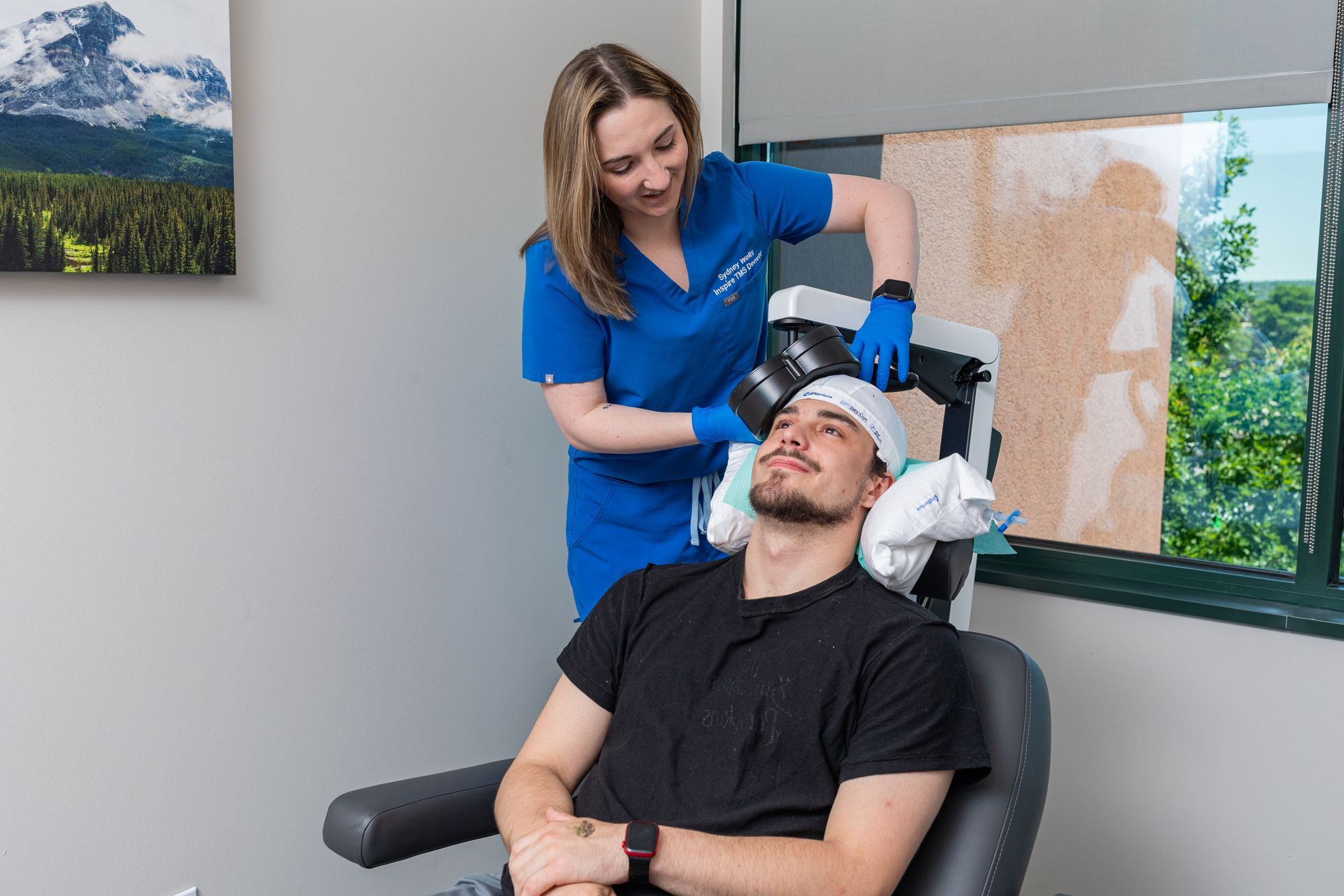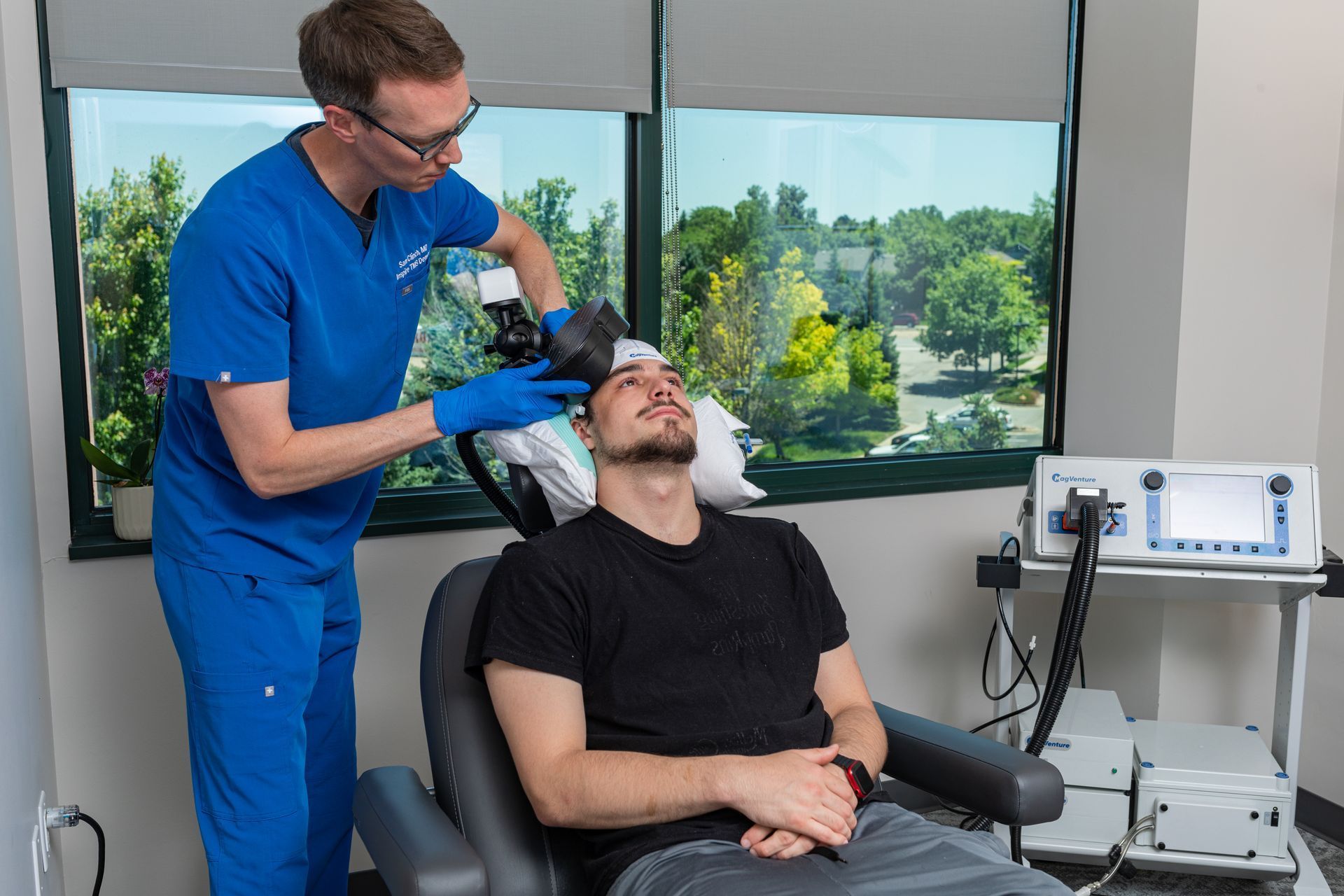TMS Improves Quality of Life from Depression Better Than Traditional Treatment Options

Quality of Life: Antidepressants vs. Transcranial Magnetic Stimulation (TMS)

According to the National Institute of Mental Health (NIMH), for the year 2020, Major Depressive Disorder (MDD) affected about 21 million adults in the United States, or 8.4% of all U.S. adults (https://www.nimh.nih.gov/health/statistics/major-depression).
Unfortunately, major depression is oftentimes a chronic and debilitating condition. Despite a wide array of antidepressant medications available for the treatment of MDD, nearly two-thirds of patients do not benefit adequately from an initial course of pharmacotherapy (The Definition and Meaning of Treatment-Resistant Depression (psychiatrist.com). In addition, approximately one-third of patients seeking repeated depression treatment due to lack of response, will continue to live with the crippling effects of depression (The Prevalence and National Burden of Treatment-Resistant Depression and Major Depressive Disorder in the United States | Psychiatrist.com.)
One major effect depression has on individuals is negatively impacting health-related quality of life (HRQoL). Health-related quality of life refers to a multidimensional concept commonly used to examine the impact of health status on quality of life (https://www.ncbi.nlm.nih.gov/pmc/articles/PMC4940947/).
Some of the ways that depression can negatively impact a person’s HRQoL is by predisposing an individual to unhealthy or risky behaviors such as inactivity, overeating, smoking, and noncompliance to their medications. Quality of Life scales such as the SF-36 questionnaire hence assess individuals' perception of their overall physical and mental well-being, in addition to typical symptoms of depression such as persistent sadness, lack of interest, or low energy (https://journals.plos.org/plosone/article?id=10.1371/journal.pone.0265928).
So how do standard treatments targeting depression fare in terms of health-related quality of life measures? Pharmacotherapy and psychotherapy, used individually and in combination, have typically been the standard for treating major depression. Many clinical trials have indicated that pharmacotherapy and psychotherapy have the potential to improve a patient’s symptoms and quality of life, however, the evidence around the overall benefit remains controversial. For example, numerous meta-analyses have been conducted to determine the change in outcomes for patients treated for MDD. The results of these studies indicated that most of the improvement, about 80%, potentially came from the placebo effect for medications. In addition, additional studies found that the long-term effect of antidepressants on health-related quality of life was limited to the first two to three months after the initiation of pharmacotherapy, and when comparing the use of antidepressants to patients who did not use any antidepressant medications, change in HRQoL was found to be equivalent (Antidepressants and health-related quality of life (HRQoL) for patients with depression: Analysis of the medical expenditure panel survey from the United States | PLOS ONE).
So if antidepressants and/or therapy fail for some one-third of patients seeking treatment and if these treatments don’t typically improve overall health-related quality of life long term, what other treatments are available? Are there other treatments that show improved outcomes in treatment resistant depression and based on quality of life rating scales?
Thankfully the answer is yes - TMS or transcranial magnetic stimulation. One study, involving over 300 patients, found that TMS was significantly effective in improving not only symptoms of depression, but health-related quality of life as well. This study additionally found that TMS treatment has a relatively rapid beneficial impact on the QOL of patients (https://www.cambridge.org/core/journals/cns-spectrums/article/transcranial-magnetic-stimulation-tms-for-major-depression-a-multisite-naturalistic-observational-study-of-quality-of-life-outcome-measures-in-clinical-practice/F21C45F5B2DDCF37643FF5739B36A6D1). Additional studies have also found that this improvement in QOL is sustained for 24 weeks following TMS treatment (https://www.sciencedirect.com/science/article/pii/S1935861X13003434). It is important to highlight that studies assessing response with TMS treatment are almost exclusively looking at response for patients that have already failed at least a couple antidepressants and therapy previously. Current large registry data consistently indicates that two-thirds or more of TMS treated patients will achieve at least a 50% improvement in depressive symptoms by treatment end utilizing a standard course of FDA approved treatment (Clinical outcomes in a large registry of patients with major depressive disorder treated with Transcranial Magnetic Stimulation - ScienceDirect).
It has been established that depression is a highly prevalent and persistent illness that causes significant disability and oftentime worsening in quality of life. While standard treatment modalities can improve depressive symptoms short term, they do not always improve quality of life or symptoms long term. The use of
repetitive transcranial magnetic stimulation, however, has proven to be a highly effective treatment option for improving the common symptoms of depression in addition to significantly improving patients' reported quality of life. Antidepressants and psychotherapy are time-honored treatment modalities that do often lead to significant improvement for patients, but TMS therapy provides an alternative when these conventional treatments prove unsuccessful. TMS therapy is safe, non-invasive, carries no systemic side-effects, and offers relatively rapid results that have been shown to last.
If antidepressants and psychotherapy haven’t worked for you, and you are looking for an alternative to improve your mental health and quality of life, TMS may be right for you! Take our
quiz online, or set up a
free phone consultation with our doctor today to find out if you might qualify for TMS therapy through your insurance. Living with depression and other mental health conditions isn’t easy, but fortunately, we have a growing body of research regarding TMS therapy and its ability to improve depressive symptoms as well as quality of life. Check out our page
TMS Vs Medication - A Full Comparison [2022] (inspiretmsdenver.com) for more information on comparing TMS vs additional medication trials when treating depression.

Every Question Answered
Want to know more about TMS? Check out this in-depth guide to TMS therapy with transparent and easy to understand explanations about TMS processes, protocols, and treated conditions.
Latest Posts

















